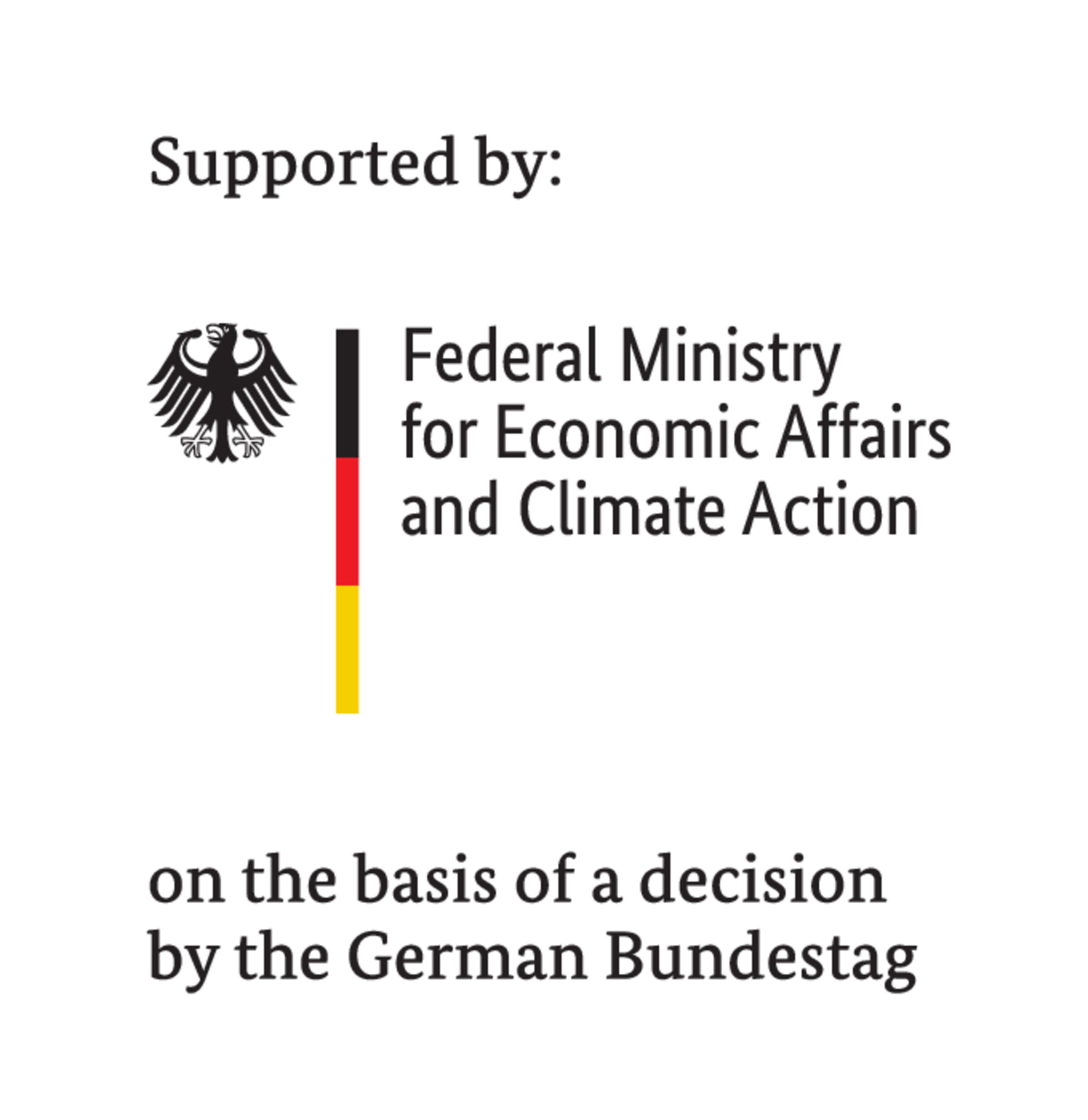Diving into the government’s Merdeka Belajar program
Fri, 25 Feb 2022
New breakthroughs were created through The Freedom of Learning (Merdeka Belajar) policy . Through these programs, vocational schools are expected to contribute more to the provision of competent human resources with a higher degree or level.
There are two main programs within the Merdeka Belajar policy. These are Fast Track (D2) for Vocational School Program and The Improvement Program from Associate Degree (D3) to an Applied Bachelor (D4). For The Fast Track Program, vocational school students who have finished school for 3 years and 6 months direct work practice are given the option of taking an additional one and a half year term at a vocational college. It is hoped that these students will have more experience working in the Industry because, at the time of study, they will have a direct work practice for 2 semesters.
The Associate Degree improvement program to Applied Bachelor is prioritized for study programs that are already equipped with a development strategy for the next 15 years and a good promotion strategy to link and match their graduates to industry. However, if a study program that meets the criteria does not want to join this program, the student has the option to keep the Associate Degree. Both Associate Degree and Applied Bachelor degrees have their own job opportunities in the industrial world.
Another program is The Center of Excellence (CoE) Vocational High School which aims to improve the quality and performance of schools and their graduates. This program obligates schools to have partnerships with industry to form a school. Beside collaborating with industry, this program also requires the role of vocational colleges as an assistance. This assistance can be carried out by lecturers, students, or educational staff who meet the criteria. The assistance is carried out with the aim of helping schools achieve their target in terms of output, outcome, and impact. One example of a CoE school is SMK YPM 8 Sidoarjo in East Java.
In addition, there is a teaching factory activity which is a production or service-based learning with the same procedures and atmosphere as working in the industrial world. This activity can foster character and work culture, as well as a creative, innovative, and entrepreneurial behavior among students. This activity is also an effort to introduce the potential products or services of Vocational High School. Unlike the case with Vocational High School, Vocational College students are encouraged to solve factual problems in society by creating creative solutions in accordance to their interests and talents. This is facilitated through the Vocational Student Creativity Program. Each team who passes the selection for this program will be given a financial support that starts from Rp 5 (roughly US$70) million up to 10 million.
Finally, there is an educational equipment aid program that aims to provide such equipment for institutions that meet the minimum criteria in the world of education and industry. Aids for schools and colleges whose proposals are approved is Rp 150 million per package. The total budget that has been announced is Rp 30 billion for 200 packages.
The programs that have been announced have the potential of advancing vocational institutions. It is expected that via this program, synergy between educational institutions and industry can be created to spark a good competitive climate for vocational human resources in Indonesia.
"Education Indonesia" is a brand of German-Indonesian Chamber of Industry and Commerce (EKONID)


